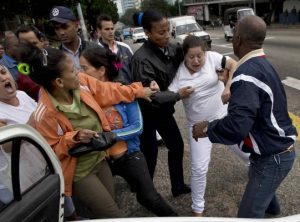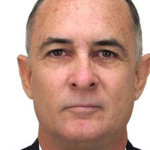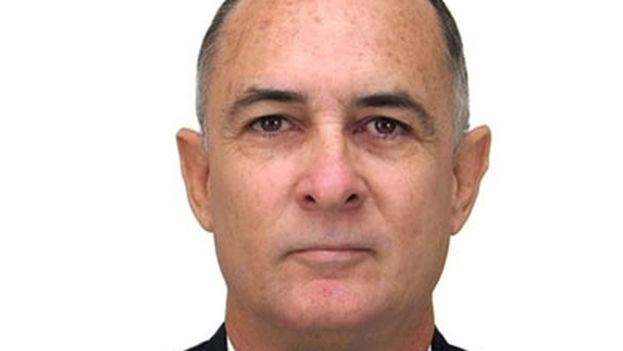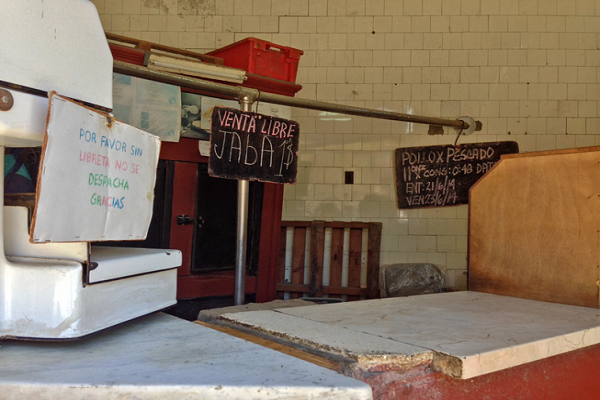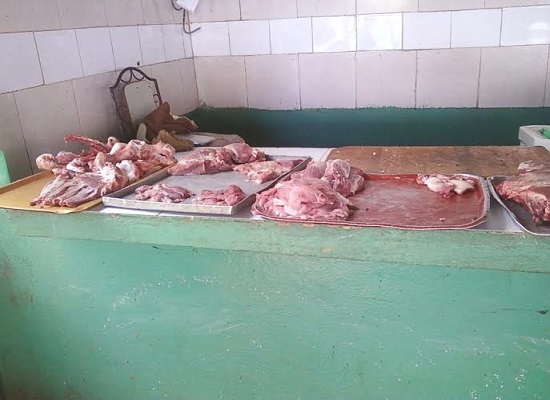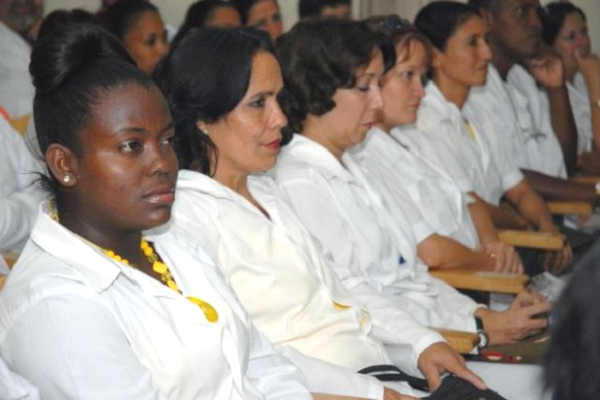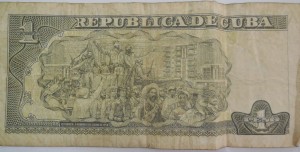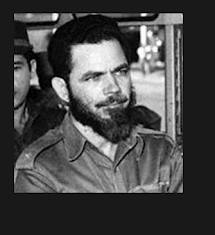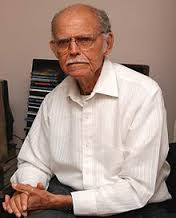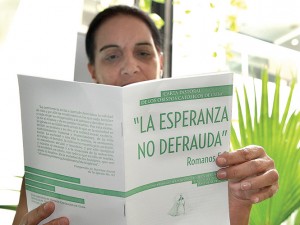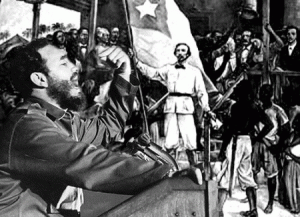
 Cubanet, Roberto Jesus Quinones Haces, Guantanamo, 10 February 2017 – The Havana International Book fair and its provincial offshoots would be more important events if there were debates where all Cuban intellectuals could participate without exclusions. But they are walled prosceniums where there is only room for writers who never raise their voices against any internal injustices. The discriminated and persecuted find solidarity in other parts of the world; here, no.
Cubanet, Roberto Jesus Quinones Haces, Guantanamo, 10 February 2017 – The Havana International Book fair and its provincial offshoots would be more important events if there were debates where all Cuban intellectuals could participate without exclusions. But they are walled prosceniums where there is only room for writers who never raise their voices against any internal injustices. The discriminated and persecuted find solidarity in other parts of the world; here, no.
So it is not news – nor will be – that these uncomfortable writers are excluded from debates and even the Fair itself, if they do not fit the established molds for “docile wage earners of official thought,” a phrase from the Argentine guerrilla with a happy trigger finger and fierce hatreds. continue reading
Beyond the characteristics of the Fair, where there are more people eating and getting drunk than buying books and participating in cultural activities, I want to dwell on the intolerance of Cuban publishing policy.
“We do not tell the people to believe, we say read”
This phrase is from Fidel Castro and belongs to the earliest days of his totalitarian state. When the National Printing Company of Cuba issued a massive printing of “Don Quixote,” our country inaugurated a luminous time for culture by making available to readers, at very cheap prices, innumerable classics of universal literature. That effort, which is maintained, was and is praiseworthy, although it has also been marked by prohibitions and notorious absences.
Disciplines such as Philosophy, Sociology, Law, Politics and History did not receive the same attention as literature, and today, after 58 years of Castroism, authors and works of international prestige still have not yet been published because the censors are the ones who decide what we can read, and what is published must be consistent with the policy imposed by the regime. To this is added the justification that Cuba cannot pay copyright fees to the affected writers.
Among these, are the Chileans Roberto Bolaño and Isabel Allende, while Nobel laureates Octavio Paz and Mario Vargas Llosa, have been published very little, although perhaps the exclusion of the latter is due to his criticism of Castroism. Gabriele D’Annunzio, Aldous Huxley, Milan Kundera, Boris Pasternak and Alexander Solzhenitsin also appear in the waiting circle. William Faulkner’s “The Sound and the Fury,” Robert Musil’s “The Man Without Attributes” and Vasili Grossman’s “Life and Destiny” have also not been published and still unknown in Cuban are Karl May, Enid Blyton, Albert Camus and Heinrich von Kleist while other authors are being re-published to exhaustion. And don’t even talk about contemporary European and American literature. I am writing from my declining memory, for if I consulted a book on the history of universal literature, the list would be immense.
Authors and texts with a strong democratic vocation remain unpublished here, although historical developments have proved them right. Within that extensive group are Simone Weil, Nikola Tesla and Wendell Berry. After little tirades made in 1960, not published again in Cuba are “The Great Scam” by Eudocio Ravines, “Anatomy of a Myth” by Arthur Koestler and “The New Class” by Milovan Djilas.

An extraordinary book, “The Man in Search of Sense” by Viktor Frankl, remains unpublished. The list is joined by Erich Fromm, Ortega y Gasset and even socialists such as Leon Trotsky, Antonio Gramsci and Ernst Fischer. To this we can add “Thirteen days” by Robert Kennedy, “Gabo And Fidel, The Landscape Of A Friendship,” by Ángel Esteban and Stéphanie Panichelli and “God Entered Havana” by Manuel Vázquez Montalbán. “The End of History and the Last Man,” published in Spanish by Planeta 25 years ago remains beyond the reach of Cubans and only last year, more than forty years after its initial publication, “The Great Transformation” by Karl Polanyi was published and that topped those of universal literature by Ferdydurke and Witold Gombrowicz, while Borges remains almost unheard of.
Cuban authors who have written objective analyzes of Castroism or unauthorized memoirs are also blacklisted. I can cite here Carlos Franqui, Dariel Alarcon the “Benigno” of Che’s guerilla), Juan F. Benemelis with “The Secret Wars of Fidel Castro,” Juan Clark with his extraordinary book “Cuba: Myth and Reality,” Norberto Fuentes with “Sweet Cuban Warriors” and Commander Huber Matos with “How Night Fell.” Antonio Benítez Rojo, Zoé Valdés, Guillermo Cabrera Infante, Reinaldo Arenas, Manuel Granados remain proscribed along with Eliseo Alberto Diego, with the great majority of Cubans not knowing his shocking testimony “Report Against Myself.”
That these books and authors are not published belies the much vaunted tolerance for diversity that the main representatives of the regime claim to the unsuspecting and others who are always ready to believe them. And saying that these books are not published because they can’t pay the authors for the copyright is a half-truth.
If they didn’t print so many insignificant books and allocated resources to truly relevant works, the panorama would be different. The bland books do not make you think and their destination is on the dusty shelves of bookstores, or their pages torn out to make cones to sell peanuts in, or to use for personal cleansing. The significant books are always dangerous and that is well known by the censors.

